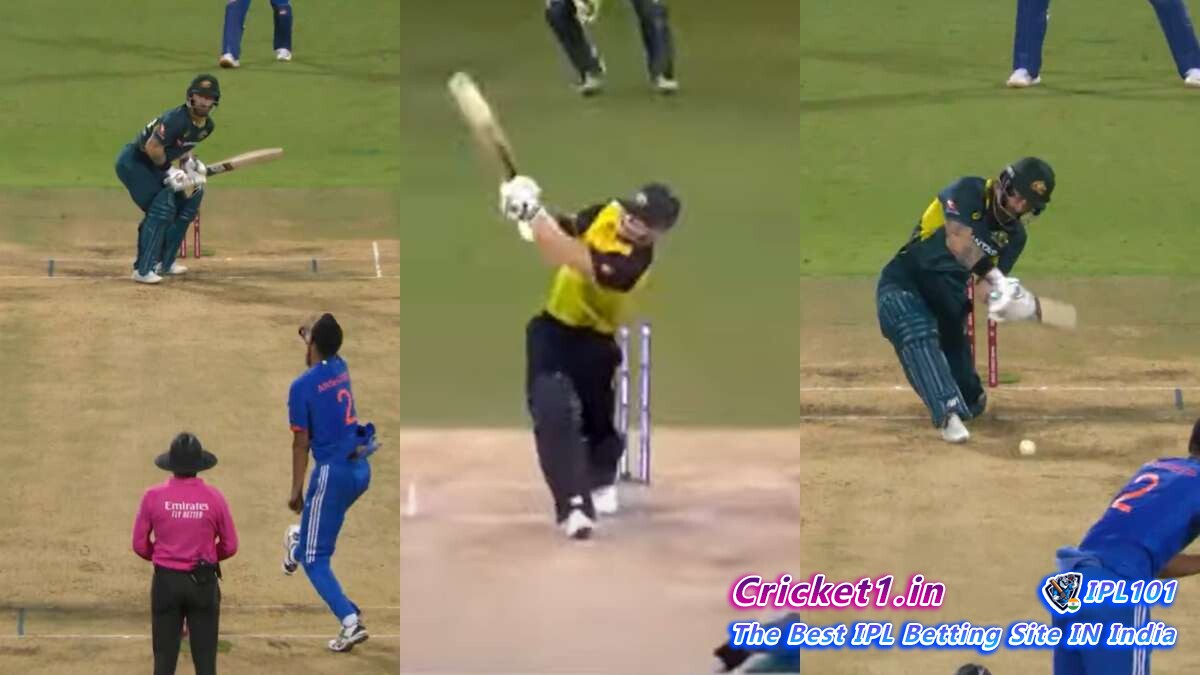
In an intriguing turn of events in the cricketing world, the Indian Premier League (IPL) team Punjab Kings (PBKS) indulged in a cheeky online banter that met with an unexpected response from cricket enthusiasts. The quip was aimed at Pakistan’s fast bowler Shaheen Afridi, which was related to the outcome of a recent T20 International match between India and Australia.
On the evening of the T20I decider at the M Chinnaswamy Stadium in Bengaluru, the left-arm Indian pacer Arshdeep Singh successfully claimed the wicket of Australia’s Matthew Wade in the ultimate over, leading India to a thrilling win by six runs. In an attempt to add some mirth to the moment, PBKS took to their social media account, posting a clip of the dismissal with a caption that hinted at a certain backstory involving the Australian wicket-keeper batsman and another prominent left-arm pacer – Shaheen Afridi.
“Not against this left-arm pacer, Matthew Wade,” the post read, stirring the pot on social media. This caption was a nod toward an unforgettable episode that transpired during the T20 World Cup semifinal in 2021 when Wade went on a blistering counter-attack against Afridi, launching three sixes in succession and effectively snatching victory from Pakistan’s grasp under high pressure.
The Lahore crowd remembered the incident all too well and the sly dig did not go unnoticed. Social media users were quick to catch on to PBKS’ playful jab and replies started surfacing almost immediately. The team’s ploy to troll Afridi backfired as fans didn’t hold back their reactions. Some took it in stride with humorous retorts while others took the opportunity to affirm their support for Afridi by invoking instances of other left-handed batsmen’s successes.
India’s nerve-wracking six-run triumph was a combined result of skillful bowling and strategic play, but it was the surface itself that lent a helping hand to the bowlers that day. Arshdeep, being a left-arm pacer, brought back memories for fans of Wade’s confrontation with Afridi, making the post instantly relatable to those who have been closely following the high-stakes games of international T20 cricket.
However, it was the subsequent social media banter following PBKS’ post that was most notable. An amusing, yet compelling example of how team loyalties and nationalistic sentiments often crossover from the physical pitch to the virtual world of social media interaction. “Not THAT left-handed batsman, team India,” commented one user, implying a difference between the various challenges posed by left-handers. “Idher a asli left-hander dikhaon,” chimed another, playfully suggesting they could show a true left-hand batsman.
The digital quibble is indicative of the enduring impact these cricketing moments have on fans and franchises alike. PBKS intended to dunk in a fleeting moment of humor, little expecting the tables to be turned with interactive jest and jibes from the cyber spectators. This interactive engagement further asserted the cultural reach of cricket and its players, transcending geographical boundaries and uniting diverse fanbases in debate and camaraderie.
The PBKS-Afridi episode serves as a potent reminder that in the realm of sports, particularly in the charged atmosphere of cricket, playful banter can invite a cascade of emotions and a swift role reversal from joker to the butt of the joke. As with the sport, timing is indeed everything, not just on the field but also in the realms of social media engagements that continue to redefine fandom in sport.

